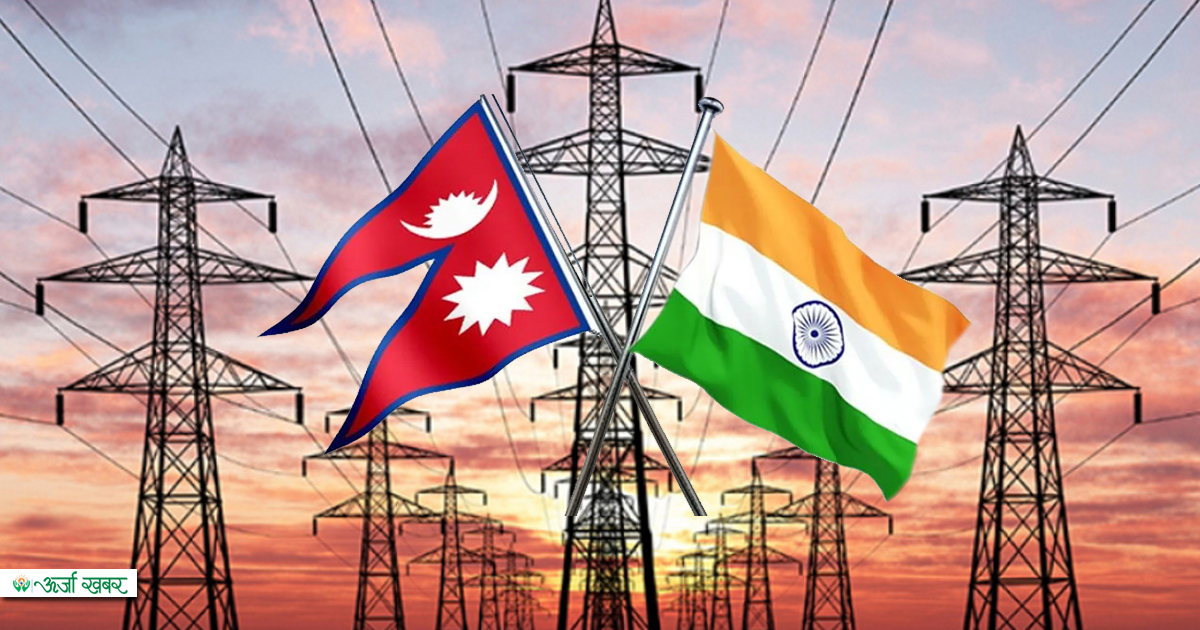
Kathmandu; Nepal and India signed an agreement to carry out the long term electricity trading between the two countries.
Prime Minister Pushpa Kamal Dahal, while in his four-day visit to India, has inked the agreement. In a joint press meet organized on Thursday, the Indian side informed that the two countries have consented to carry out the long term electricity trading.

The bilateral agreement has paved a way to the landlocked country to sell 10,000 MW of electricity in the next 10 years to India. Nepal has consented to handover the construction of Lower Arun Hydropower Project and Phukot-Karnali Hydropower Project to Indian companies.
The 480 MW Phukot-Karnali Hydropower Project is the semi-reservoir based electricity production project. The Lower Arun Hydropower Project is estimated to have a production capacity of 679 MW of electricity.

The Investment Board Nepal has already approved the investment amount of these two hydroelectric projects. The board has handed over the construction of Phukot-Karnali Hydropower Project to India’s NHPC Limited. In the new development, Nepal has agreed to provide a contract of Lower Arun Hydropower Company to Satluj Jal Vidyut Nigam, an Indian company that has been constructing Arun III Hydropower Project.
Meanwhile, India has agreed to construct petroleum pipelines in two locations-- from Siliguri of India to Jhapa, Nepal; and from Amalekhgunj of Bara to Lothar of Chitwan. For this purpose, India will be providing around Rs 17 billion while Nepal will have to construct storage facilities on its own.